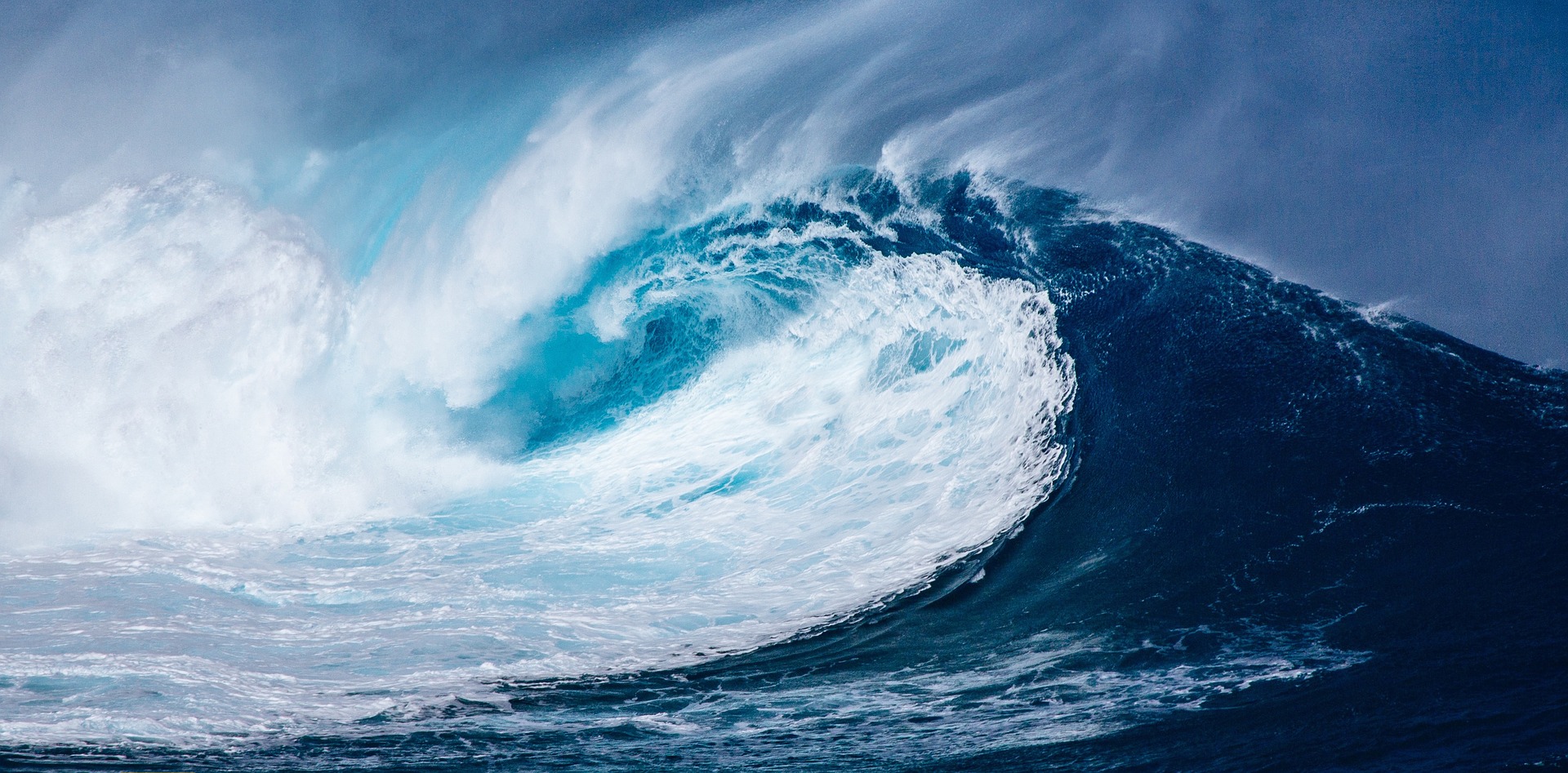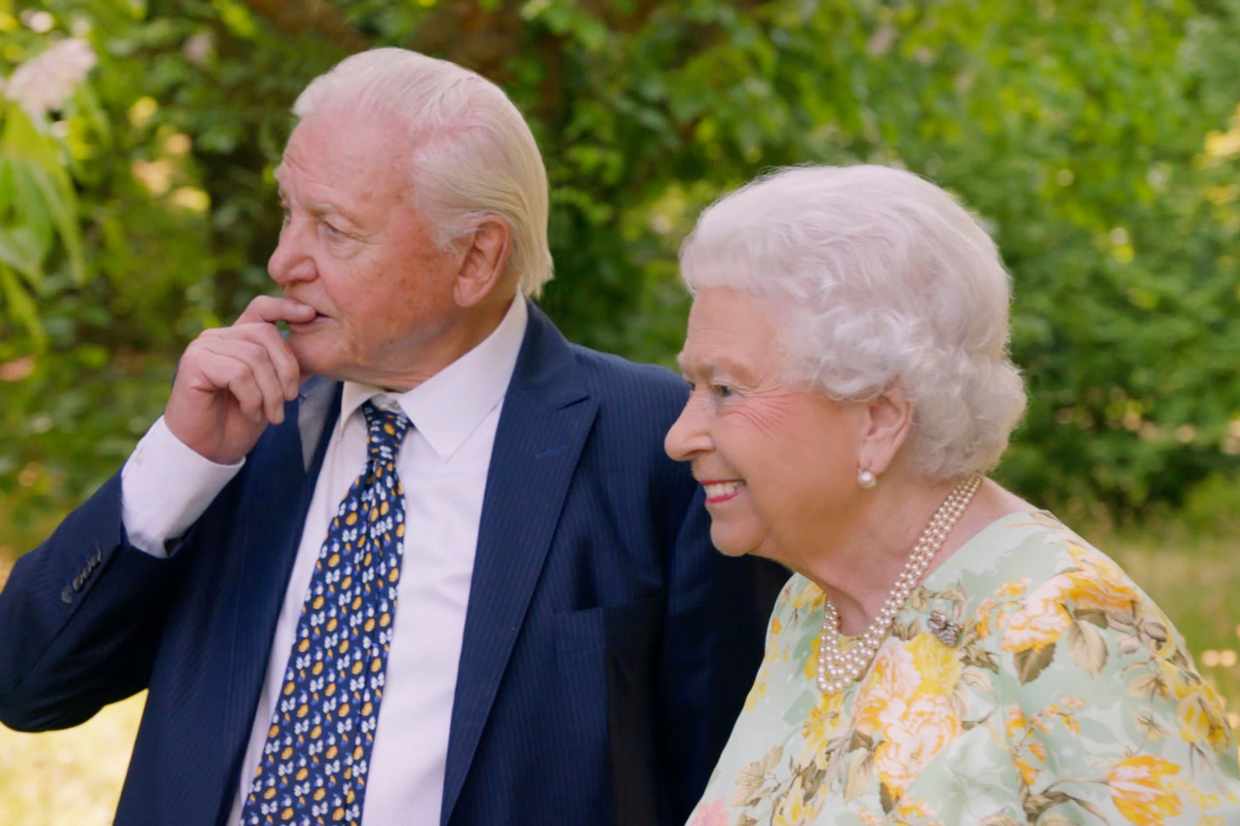- Sustainable Planet -
- 3mins -
- 711 views
The blue planet effect: how a tv show is altering a nation’s perceptions of plastic
From a rise in demand for milk bottles to a boom in marine biology courses and a wave of single-use plastic bans across the UK, the BBC documentary series has been causing ripples.
BBC’s Blue Planet II kick-starts focus on single-use plastic use in UK
The BBC TV series Blue Planet II has kick-started a wave of environmental consciousness around the world, and especially so in the United Kingdom. In the final episode, Sir David Attenborough focused on the impact human activity has on marine life, and called on viewers to do more to protect the environment. The reaction, dubbed the “Blue Planet Effect”, has been spontaneous, with even Queen Elizabeth herself banning all plastic cutlery, cups and plates from her royal estates.
Blue Planet II has done more to highlight the issue of plastic in our oceans than anything else
The past few months has seen a steady stream of positive news stories from the UK relating to how business is responding to growing sustainability questions, and it all seems to have been kick-started by a BBC nature documentary series.
Blue Planet II has probably done more to highlight the issue of plastic in our oceans to the public than anything else.
Filming took place over the course of more than four years; involving 125 expeditions across 39 countries producing more than 6,000 hours of underwater dive footage from over an estimated 4000 dives.
Unfortunately, the team behind the programme say there was rarely a time when filming that they didn’t come across plastic in the sea.
So profound was the effect on the team that they devoted the final episode of the series, shown at the end of 2017, to how plastic affects sea creatures. It included shocking footage of a hawksbill turtle getting caught up in a plastic sack. Fortunately this turtle was able to escape with the help of a camera man, but most animals are not so fortunate.
“I have seen dead birds with their legs entangled in plastic bags, so they could have died from not being able to feed or fly. I saw a dead leatherback turtle that died from entanglement in fishing rope” said Sarah Conner, assistant producer on the programme.
The team also spent time focussing on how tiny plastic particles (micro-plastics) now play a role in the uptake of industrial pollution in marine life, contributing to high levels of chemical contamination in large predators, as in pilot whales.
But the tides are beginning to turn…
Source: BioBasedWorldNews

The tides are beginning to turn in the war against plastic
The BBC said it will end its use of disposable plastics by 2020, scrapping plastic cups and cutlery by the end of this year and stripping plastic from canteens next year, with a trial coffee cup recycling scheme also introduced.
Several large coffee chains are offering incentives to customers using their own re-usable takeaway cups.
Fast food giant McDonalds is phasing out its plastic straws and trialling paper ones instead – which they will put behind the counter for diners to request. Its UK chief executive Paul Pomroy also said he hopes a solution to the problem of recyclable lids ‘within the next year’.
Similar measures were announced by pub chain Wetherspoons and Pizza Express, as a different campaign – Refuse the Straw – gathered pace.
Thanks in part to the BBC wildlife series, there has been a sea change in the popularity of marine biology courses and the study of the world’s oceans.
The ‘Blue Planet effect’ behind rise in demand for milk bottles, Merseyside dairy says.
The Iceland supermarket chain announced on the 16th January it would stop plastic packaging on its own brand products by 2023.
Another supermarket, Waitrose, also announced on the 16th that they would stop selling packs of disposable straws from September 2018.
Source: BlackpoolGazette

FEELING POWERLESS ABOUT THE PLASTIC WASTE PROBLEM? HERE ARE 9 WAYS YOU CAN HELP
Click for 9 bits of plastic you can quit right now to help in the fight against plastic pollution.

